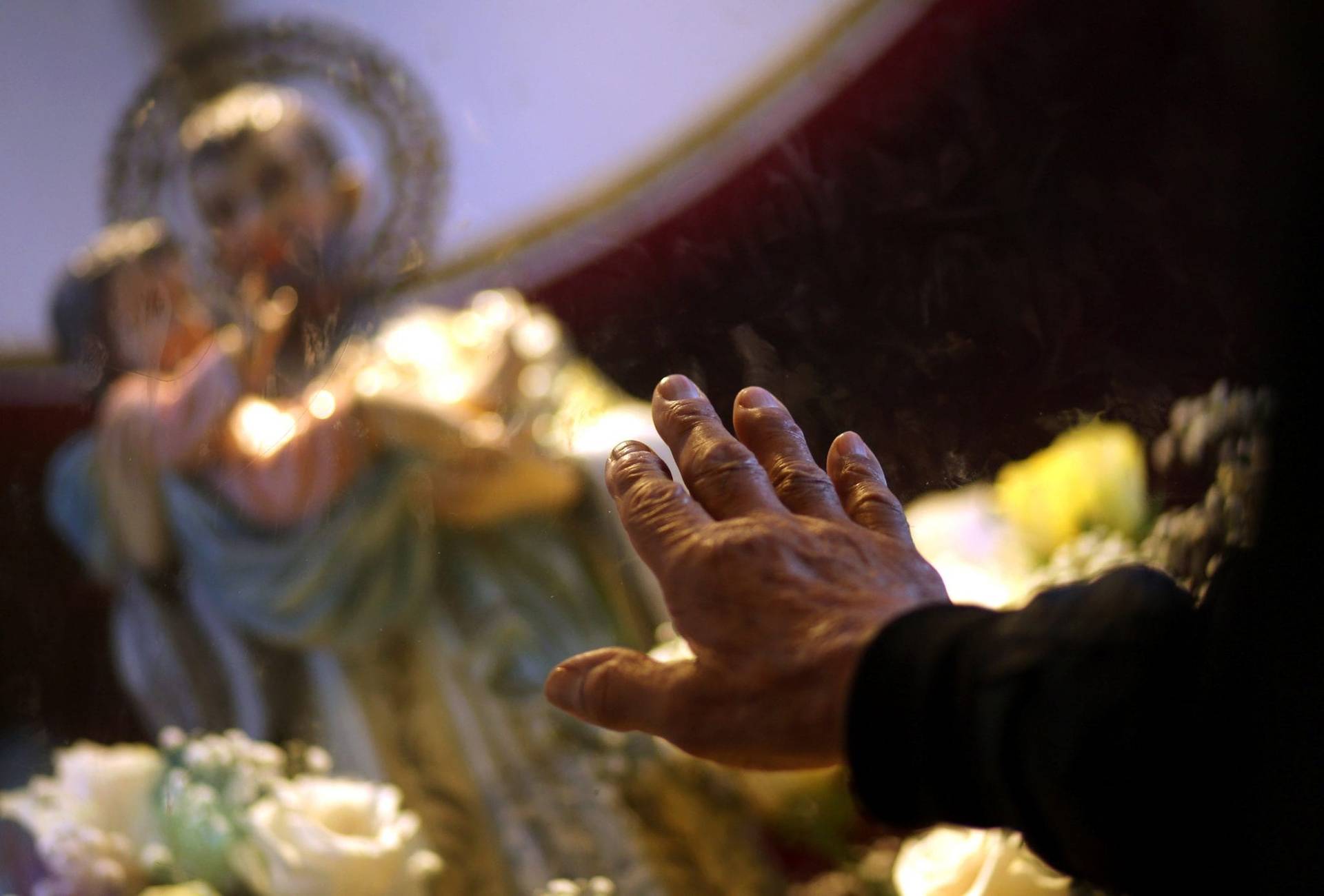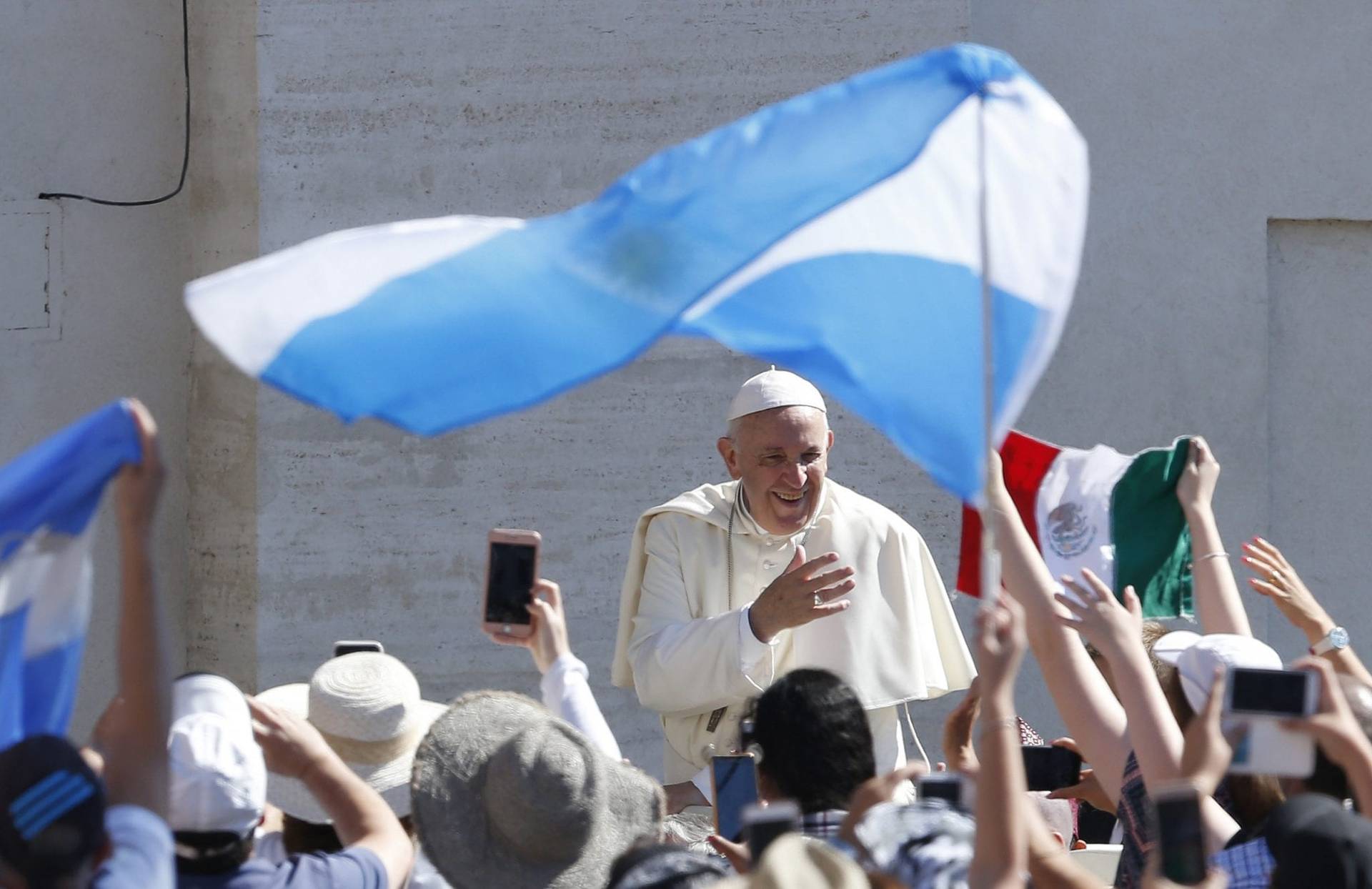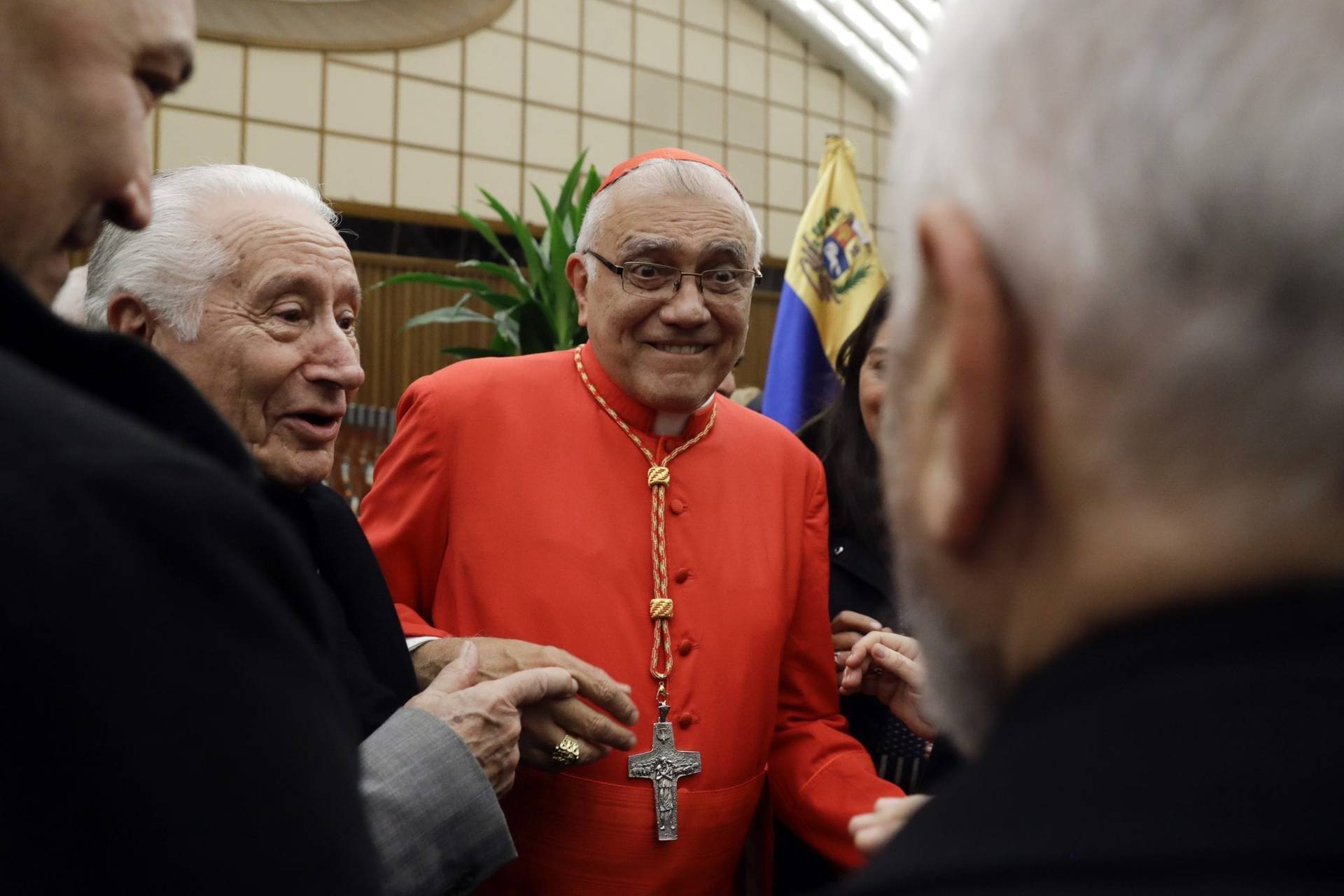BUENOS AIRES, Argentina – To some extent, every public figure runs the risk of being seen through the lens of someone’s particular interests or background. When you’re the shepherd of a global church with 1.3 billion members, however, the risk of being spun – as a liberal or a conservative, a political animal or a country pastor, a third-world firebrand or a sober statesman – is exponentially greater.
When it comes to Pope Francis, nowhere on earth is that spin cycle quite as intense as in his native Argentina, where everything that can be read through a local lens becomes news, and everything else is just ignored. That’s as true in the Catholic Church here, by the way, as it is in other walks of life.
In that light, maybe it’s no surprise Francis made an unconventional choice as ally back home in Argentina – an Evangelical pastor named Marcelo Figueroa.
“Argentines have an impulse towards division, and we have become enamored with conflict, putting the pope in the middle of it,” Figueroa said.
“Argentines can’t forget he comes from here, and we see him as the Argentine ambassador to the Holy See,” the sometime journalist and Biblical scholar said. “But no! He’s the pope! He’s not an emissary from the Argentine bishops’ conference.”
During a conversation with Crux in late July, Figueroa proved to be better-versed on the universality of the Catholic Church than most Catholics in Argentina who didn’t seem to hear Francis when he told them in a 2017 video that there are more important things on a global scale than what happens in the world’s third most southern-reaching country.
“Universality is the definition of Catholicism,” Figueroa said. “When the pope doesn’t behave as we would like an Argentine ambassador to behave, we believe he’s failing us because we pay him. It’s sad that we think like this, but we do.”
Beyond the pontiff’s alleged interference in local politics by sending a tweet to some 40 million people on International Workers Day praying for the unemployed, Argentina’s upper-middle class also doesn’t forgive the pope for not coming back home – disregarding the fact that, as Figueroa said, “this mustn’t have been easy for a man who loves his people and his family as much as he does. He hasn’t seen most of them [including his sister] in over six years.”
Yet Figueroa, chosen to run the first local edition of the Vatican’s newspaper, L’Osservatore Romano, believes that no matter when the pontiff goes home, he will “win us all” as soon as he delivers his first remarks.
Among those on the outskirts of Argentine society, there’s generally much less division about the pope. Figueroa said he experienced that contrast first hand working in the slum of La Carcova with Father Jose Maria “Pepe” di Paola, the leader of a group of close to 40 priests who live and minister in the slums of Buenos Aires.
The Evangelical pastor lives less than two miles from the shantytown where di Paola works, and the two have been practicing what Francis describes as an “ecumenism of deeds,” organizing joint activities in the slum and a radio program.
“During these two years with Father Pepe in the slum, I’ve realized that humble people, poor people, love the pope deeply, no matter their religion,” he said. “All of them have a picture of Francis in the small room that serves as their home, and they don’t reduce him to a political reading.”
“They’re not influenced by big media that have tried to position the pope in the middle of a political ideology, liquefying his message,” he said.
Ecumenism and Francis as a counter-cultural leader
Figueroa said he approached di Paola because he wanted to understand the slum priests’ movement, a form of inculturation largely unfamiliar to Evangelicals in Argentina. He said that by drinking the country’s famous beverage with di Paola, mate tea, led him to believe the two could play a role in dissipating religiously-motivated violence in the slum.
“Some fundamentalist Evangelical groups were violently set against the Catholic Church, mainly when it comes to the saints and the Virgin Mary,” Figueroa said. “In the context of multi-religious families and communities, this led to violence, because people would go back home after services and destroy the image of the Virgin their Catholic spouse kept in the house.”
The idea was for the two to create bonds of unity, showing that despite different ways of understanding the faith, both Evangelicals and Catholics are united in Christ. Accustomed to practicing ecumenism with theologians and in university settings, he said the life he lives in the slum is quite different.
“It’s an ecumenism of the base, with incredibly humble people, who live religion with a high intensity level, sometimes prey to fanaticism,” Figueroa said. “May the name of God not be used for violence, but for peace, for encounter and rapprochement among all.”
Though perceived as a Catholic country, just 66 percent of Argentina’s population share the faith with the pope, while 10 percent are Evangelical. There’s also a growing number of people from other religions and those who are unaffiliated.
Such diversity has been a reality in the country from the late 19th century and the first half of the 20th, when Argentina experienced two large immigration waves. Though most people who arrived in overcrowded ships to the “Paris of South America” were from Italy and Spain, there were also thousands of Ukrainians, Poles, Russians, French, Turks, Lebanese and Germans.
Argentina also has experienced coexistence among Christians, Muslims and Jews, as well an important presence of historic Protestant churches, such as Lutherans, Methodists and Anglicans, all of which is relatively unusual in Latin America.
By 1936, when Jorge Mario Bergoglio (today Pope Francis) was born, only half of Buenos Aires’s 2.6 million inhabitants were of Argentinian origin. Such diversity, Figueroa argued, makes interreligious and ecumenical dialogue “natural” in Argentina, and this influenced Figueroa’s decision to include Christian, Muslim and Jewish voices in the Argentine edition of L’Osservatore Romano.
“Because the pope from Argentina is a man who ‘speaks Argentine,’ you cannot separate him from interreligious dialogue,” he argued. “Many times the visions of Jews, Protestants and Muslims help us understand what he was saying, because often it’s not only for Catholics but people of all religions and those interested in knowing him.”
[The printing of the local edition of L’Osservatore Romano is currently suspended due to Argentina’s economic crisis, which has made printing costs skyrocket.]
Figueroa is interested in disseminating the pope’s message because, “in a context where we speak of a post-modern world that’s beyond religions, with a liquid society, the truth is, religions are not a thing of the past.”
“Unfortunately, in many countries religions once again play a role related to violence and evil, so dialogue is key,” he said.
Furthermore, Figueroa said, industries such as illicit trafficking of people, drugs and weapons “talk to one another, nurturing one another, so it’s only natural that those trying to combat them talk to one another too.”
He ticked off several other matters in which he believes the voice of Pope Francis matters, including “the resurgence of political sectors that leave the human person to the side, the growth of horrendous things humanity is doing, and climate change.”
“Faced with these situations, the only leader I see as chosen by God, as a person who can create a counterculture against this complex system, is Francis,” Figueroa said. “Even as a Protestant, I’m humble and sensible enough to acknowledge it.”
Follow Inés San Martín on Twitter: @inesanma
________________________________________________
Crux is dedicated to smart, wired and independent reporting on the Vatican and worldwide Catholic Church. That kind of reporting doesn’t come cheap, and we need your support. You can help Crux by giving a small amount monthly, or with a onetime gift. Please remember, Crux is a for-profit organization, so contributions are not tax-deductible.















